
Computed Tomography (CT) Scan
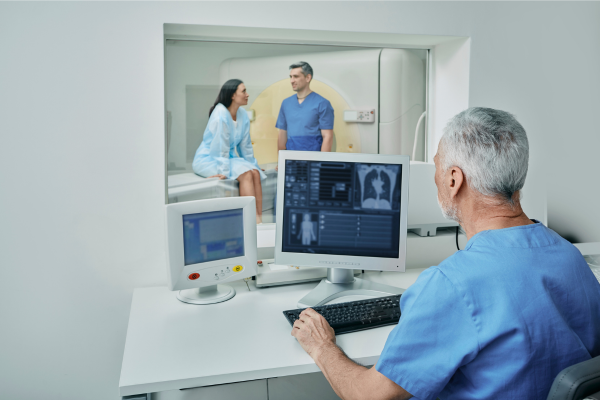
About Computed Tomography (CT) Scan
Computed tomography (CT) scans offer different types of exams tailored to specific medical needs. These various types of CT scans provide valuable insights into the body’s internal structures and functions.
Types of Computed Tomography (CT) Scan
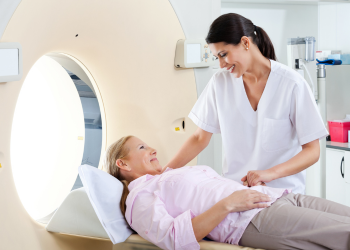
Diagnostic CT Scan
Doctors rely on diagnostic CT scans to detect various medical conditions like injuries, infections, tumors, and abnormalities accurately.
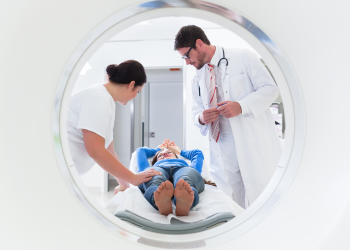
Contrast-Enhanced CT Scan
It’s particularly useful for visualizing blood vessels, tumors, and areas of inflammation with greater clarity.
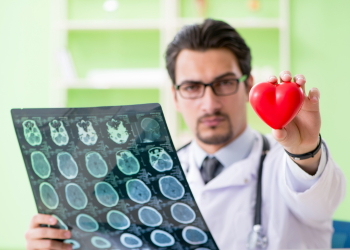
Cardiac CT Scan
Cardiac CT scan focuses on imaging the heart and blood vessels in the chest, used to assess the heart’s structure and function, assess blood flow in the coronary arteries.

Virtual Colonoscopy (CT Colonography)
Virtual colonoscopy, also known as CT colonography, is a non-invasive alternative to traditional colonoscopy for detecting colorectal polyps and cancers.
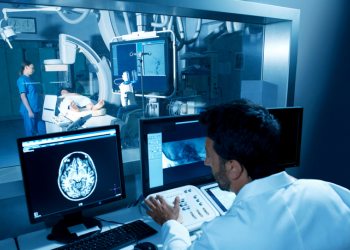
CT Angiography (CTA)
CT angiography (CTA) focuses on visualizing blood vessels throughout the body. It’s commonly used to assess blood flow in the arteries and veins of the brain, neck, chest, abdomen, and legs.
What is Computed Tomography (CT) Scan?
Computed tomography (CT) scan is a painless imaging procedure that provides detailed pictures of internal organs, bones, tissues, and blood vessels. It’s used to diagnose medical conditions, plan treatments, and monitor responses to therapy.
Why Is CT Scan Important?
CT scan is important because it provides detailed images that help doctors diagnose a wide range of medical conditions, including injuries, infections, tumors, and abnormalities. It’s a versatile imaging tool used in various medical specialties, including emergency medicine, oncology, neurology, and orthopedics.
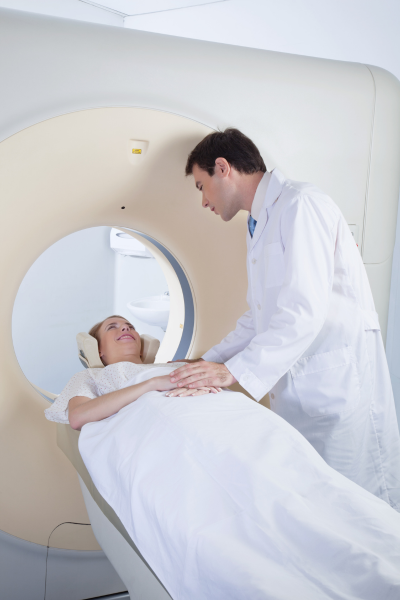
Benefits of CT Scan
- Detailed Imaging: CT scan provides detailed, high-resolution images that allow doctors to visualize internal structures with great clarity.
- Rapid Results: CT scans are quick and efficient, providing results within minutes. This allows for timely diagnosis and treatment planning.
- Versatility: CT scan can be used to image almost any part of the body, making it a versatile tool for diagnosing a wide range of medical conditions.
- Non-Invasive: CT scan is a non-invasive imaging technique that does not require surgery or incisions. It’s generally safe and well-tolerated by patients.
Contact Us For More Detail

